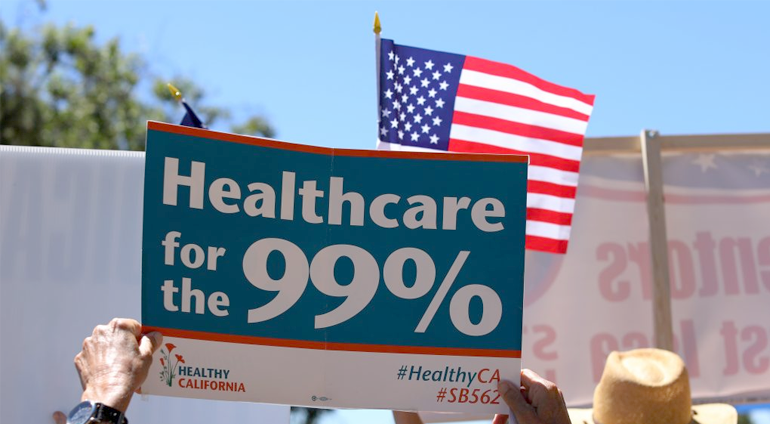
US health insurers should be able to withstand the effects of high inflation and rising interest rates, amid their expectations for a mild US recession in 2023.
According to Fitch Ratings, the structural advantages afforded to health insurers within the broader healthcare system, business model diversification and stable key financial metrics are supportive of ratings.
Health insurers are somewhat protected from rapidly increasing in healthcare costs by the typical three-year duration of contracts with providers and hospitals.
These contracts, which include negotiated payment rates, afford them time to incorporate higher costs into premium rates.
Operating performance is expected to be challenged by commercial enrollment weakness and volatile utilization rates driven by the ongoing waves of COVID-19 infections, a severe flu season and elevated cases of RSV.
Ongoing rising interest rates have a more muted effect on health insurer profitability, compared to other sectors such as life insurance, with gradual impact on interest income.
Large health insurers have meaningful amounts of debt, with rising borrowing costs expected as maturing debt is refinanced at higher rates.
Healthcare industry provider systems are currently facing significantly elevated costs from staffing shortages. Labor unions have seized on this to leverage their position when negotiating new labor contracts. At the same time, further cost pressures are being driven by pharma prices and nagging supply-chain issues.
Diversity of enrollment should also benefit insurers, as the expected decline in commercial enrollment typically seen during recessions should be partially mitigated by increased enrollment in Medicare and Medicaid.
Fitch noted that a potential headwind exists in 2023 for insurers with a proportionally high exposure to Medicaid.
The pandemic-related public health emergency (PHE) was originally declared in January 2020, and has since been renewed every 90 days, with the current 90-day extension to expire on January 11, 2023. Medicaid enrollees cannot be disenrolled until after the end of the month in which the PHE expires.
Estimated 5 million to 14 million Medicaid enrollees are expected to lose coverage. Enrollment in Medicaid is estimated to have grown to 90 million individuals as of mid-2022, and increase of nearly 19 million from early 2020.




